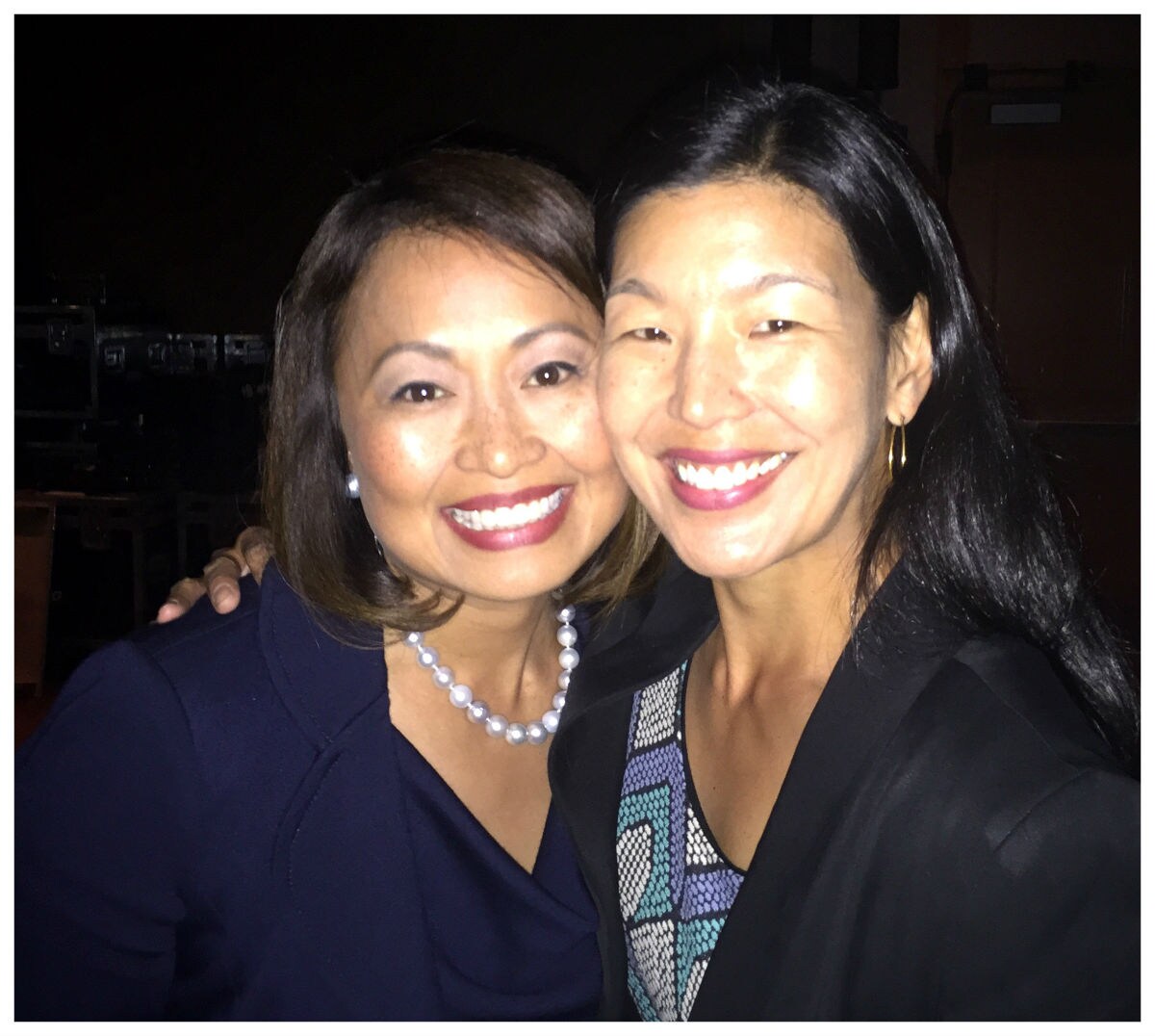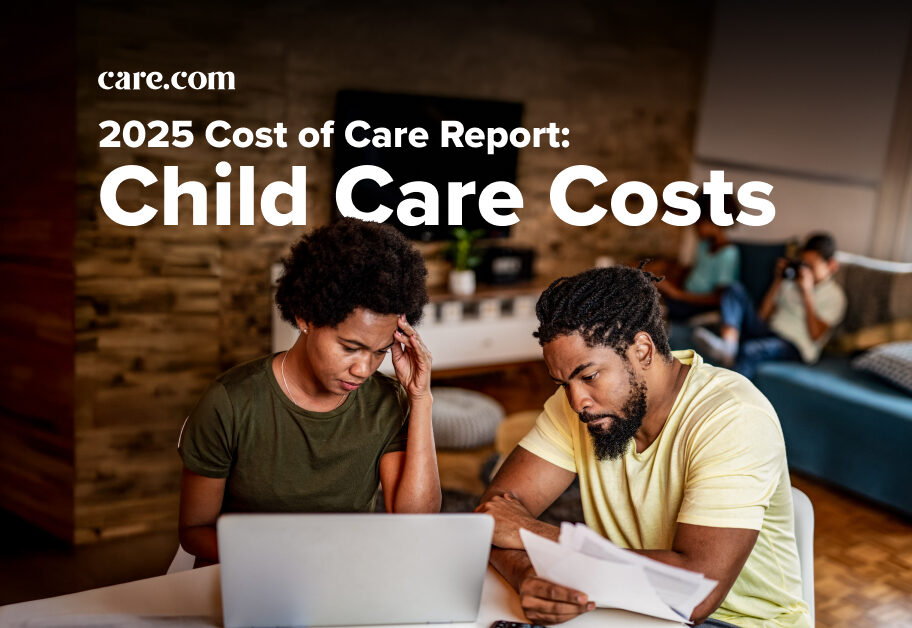Ten years ago, I helped start the National Domestic Workers Alliance (NDWA) because my life has been so profoundly affected by caregivers, beginning when I was just a baby.
My grandmother was my first caregiver—besides my parents—and cared for me when I went to live with her in Taiwan before I turned one. She taught me the fundamentals that a child needs to learn and she continued to be my caregiver even after I returned to the United States to live with my parents, as I returned to Taiwan every summer, back in the care of the best nanny I could have wished for.
Then, as my grandmother aged, I learned firsthand the critical importance of elder care. My grandmother had come to the U.S. to live with us and we knew it would be important for her happiness and well-being to age gracefully in her home, with the help of caregivers who could come to her home. Today she has the assistance of two home care workers, Mrs. Li and Mrs. Sun, who help her with cooking, go on walks with her, take her to church, and help her live well in her own apartment at age 92.

Caregivers are often invisible in our society. You are the backbone of our society and economy, supporting our families and allowing people to go to work without worrying about their kids or elderly loved ones, and yet you often have to fight for respect, for a livable wage, and for basic protections under the law. You are the invisible workforce, going to work behind the closed doors of people’s homes when they leave to go to an office. And yet you are the fastest growing workforce in the nation—growing five times faster than other occupations as our society’s need for care expands.
That’s why the National Domestic Workers Alliance exists.
When I started talking to nannies I met in the park in New York City, I was shocked. Wage theft, no work contract, harassment and threats: These are conditions that wouldn’t be tolerated in any other industry, and yet somehow they continue in domestic work. It was clear that the strength and drive of the women I met was powerful enough to create change for this workforce, if we could only come together.

Domestic workers—nannies, housecleaners and caregivers—are some of the most powerful women I have known, and I am continually inspired by what the members of NDWA have been able to achieve together. In fact, just last month, over 200 women came together in Washington, DC and met with over 60 members of Congress and their staff, urging Congress to extend anti-sexual harassment laws to include all workers, especially those of us who are isolated as caregivers and domestic workers. Another example, among many: With partners including non-profits like Hand in Hand and businesses like Care.com, NDWA launched the Fair Care Pledge to advocate for fair wages, paid time off, and equitable contracts for domestic workers. The power of women coming together and advocating for change is undeniable and unstoppable.
Come and see what we’ve been working on at the National Domestic Workers Alliance. This is an organization for you, run democratically by you, because we know just how important your work is.
Ai-jen Poo is the Executive Director of the National Domestic Workers’ Alliance. Care.com is proud to connect our community of caregivers to NDWA to ensure that caregivers have the support and respect they deserve. To date, over 466,000 Care.com families have taken the Fair Care Pledge.






